The 10 Strangest Mysteries Found At the End of the World
Daniel Bonfiglio
Published
11/30/2024
in
wow
Antarctica is quite literally the end of the world, and although us pesky humans have made many inroads to study the 7th continent, there are still many mysteries about the snowy landmass; some solved, some not.
Here are 10 of the strangest mysteries from the end of the world.
- List View
- Player View
- Grid View
Advertisement
-
1. Waterfall of Blood
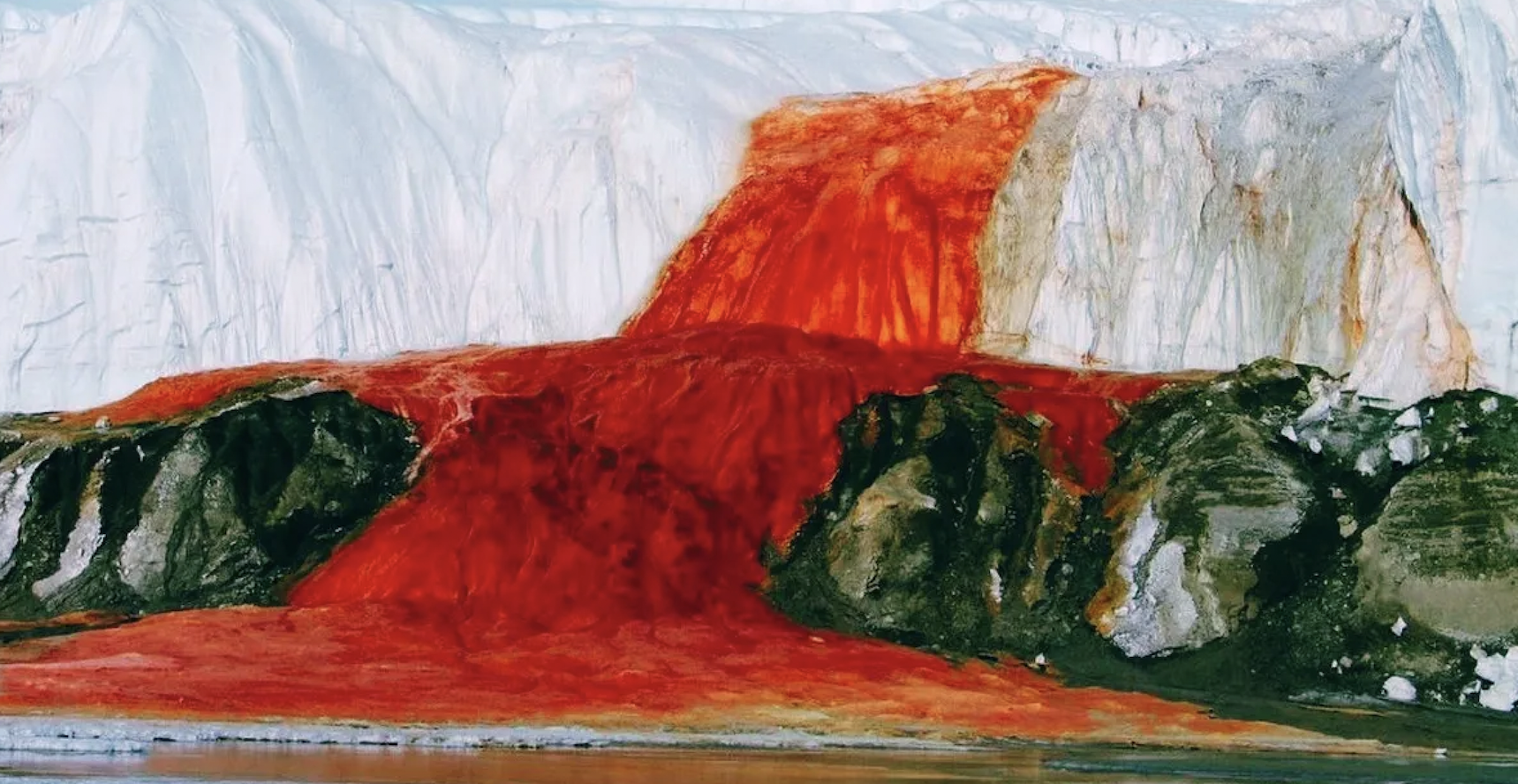 In the McMurdo Dry Valley section of Antarctica, a massive five-story waterfall flows into the ocean… but the water is blood red. Fortunately there is no violent crime going on. Instead, glaciers forming over the top of a deep underground lake cut off all oxygen from the water. After that, the extra salty water became iron-dense, and unfreezable. Now, that iron-dense water flows red, and onto powdery white snow.
In the McMurdo Dry Valley section of Antarctica, a massive five-story waterfall flows into the ocean… but the water is blood red. Fortunately there is no violent crime going on. Instead, glaciers forming over the top of a deep underground lake cut off all oxygen from the water. After that, the extra salty water became iron-dense, and unfreezable. Now, that iron-dense water flows red, and onto powdery white snow. -
2. The Biggest Hole
 Antarctica is home to the largest “hole” in the world. Known as a polynya, the phenomenon occurs when saltier water deeper in the ocean rises to the surface, melting sections of ice. This polynya opened in 2017, and at 78,000 square kilometers, is the size of Ireland.
Antarctica is home to the largest “hole” in the world. Known as a polynya, the phenomenon occurs when saltier water deeper in the ocean rises to the surface, melting sections of ice. This polynya opened in 2017, and at 78,000 square kilometers, is the size of Ireland. -
3. The Bouvet Lifeboat
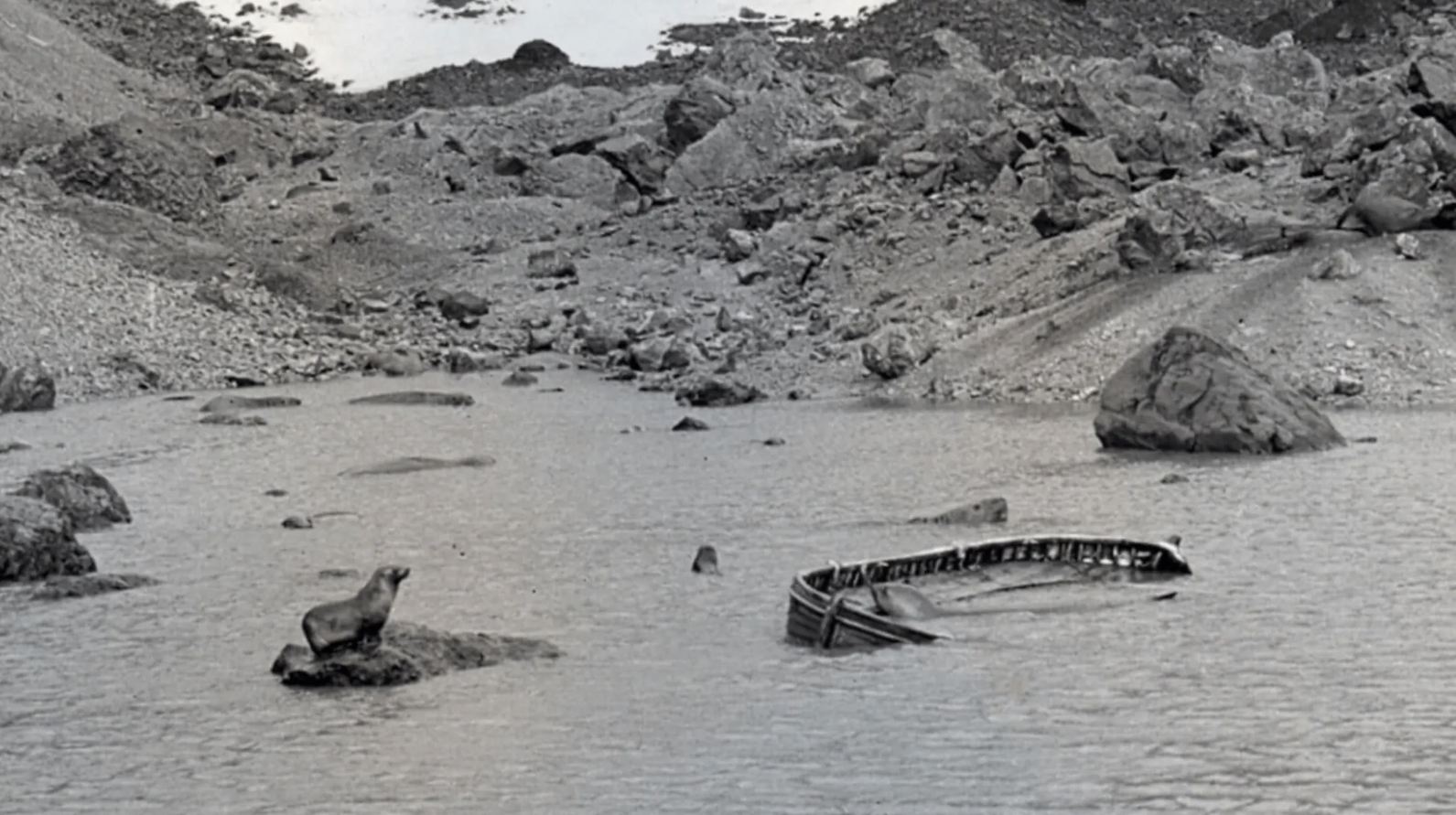 In 1964, a photo of an abandoned lifeboat was taken on the incredibly remote Antarctic island of Bouvet. How did it get there? Nobody knows.
In 1964, a photo of an abandoned lifeboat was taken on the incredibly remote Antarctic island of Bouvet. How did it get there? Nobody knows. -
4. The Lake Vostok Monster Octopus (Organism 46B)
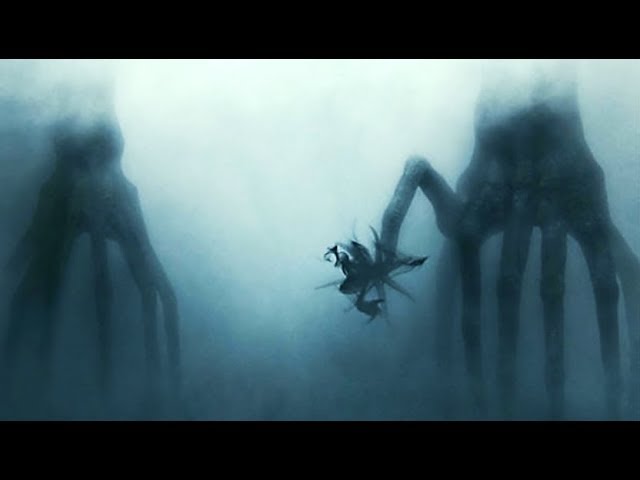 When Russian scientists breached a sub glacial lake for the first time in 2012, rumors swirled that they encountered a prehistoric and deadly shapeshifting octopus. Obviously this is untrue, and while the lake does contain microbial life, it is unlikely anything larger can survive the extreme conditions.
When Russian scientists breached a sub glacial lake for the first time in 2012, rumors swirled that they encountered a prehistoric and deadly shapeshifting octopus. Obviously this is untrue, and while the lake does contain microbial life, it is unlikely anything larger can survive the extreme conditions. -
5. Wildlife
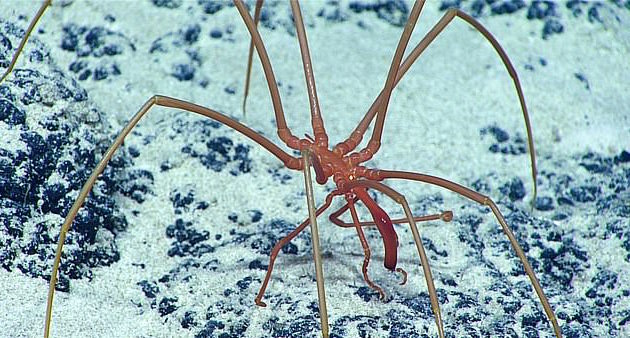 You might think that Antarctic waters are so cold that nothing can survive there, but that is not true. Beneath the ice, terrifyingly large spiders, worms, and squid survive with translucent skin, and dozens of other biological adaptations.
You might think that Antarctic waters are so cold that nothing can survive there, but that is not true. Beneath the ice, terrifyingly large spiders, worms, and squid survive with translucent skin, and dozens of other biological adaptations. -
6. Screaming Ice
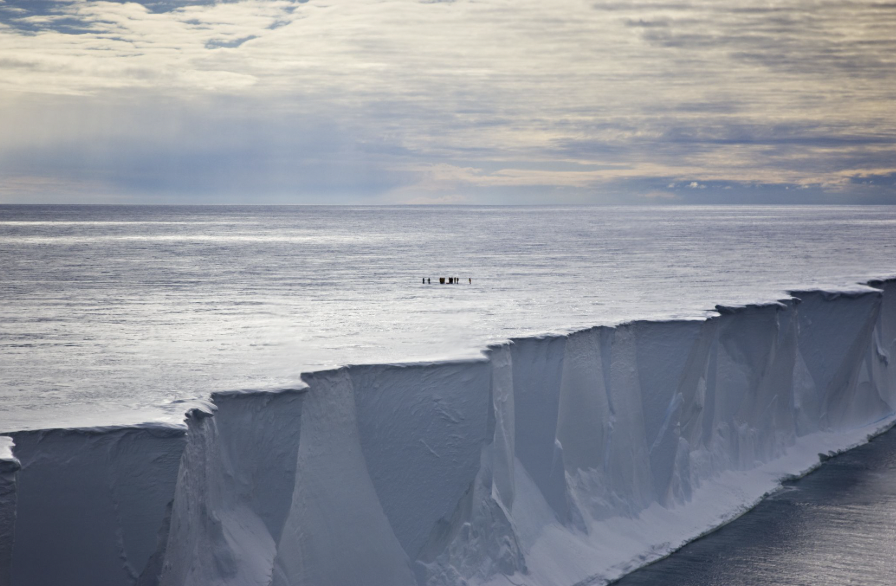 The Ross Ice Shelf is the largest in Antarctica, and it has a special secret; it makes noise. Wind blowing over the ice dunes trigger a harmonic response, causing audible seismic activity. The sound is too deep for human ears, but scientists use the noise to keep an eye on the ice shelf.
The Ross Ice Shelf is the largest in Antarctica, and it has a special secret; it makes noise. Wind blowing over the ice dunes trigger a harmonic response, causing audible seismic activity. The sound is too deep for human ears, but scientists use the noise to keep an eye on the ice shelf. -
7. Potential UFOs
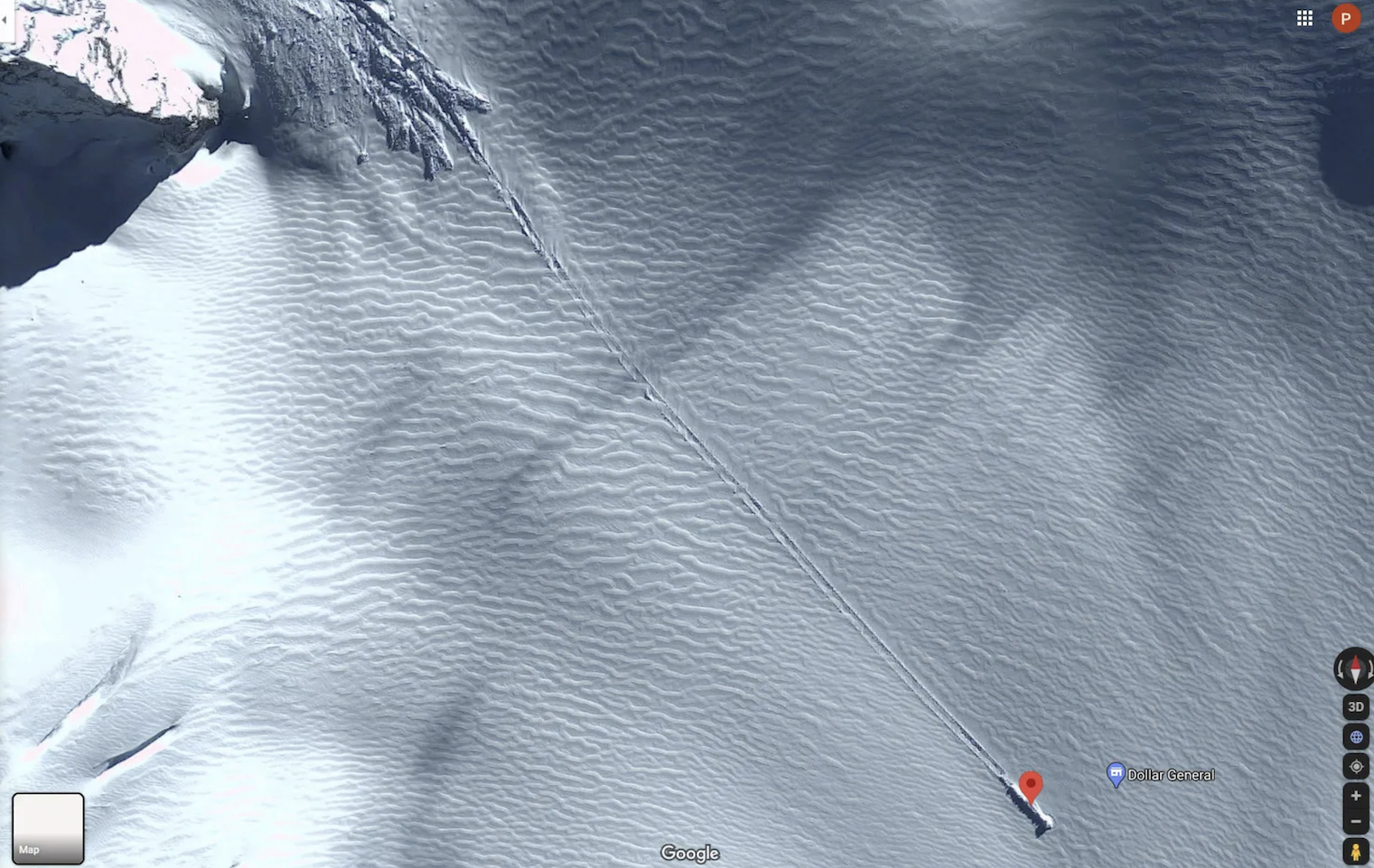 People love to scour Google Earth in search of possible UFOs, and many possibilities have been found. Here are a few. Obviously, these are all rocks, avalanches, or other such natural phenomena.
People love to scour Google Earth in search of possible UFOs, and many possibilities have been found. Here are a few. Obviously, these are all rocks, avalanches, or other such natural phenomena. -
8.
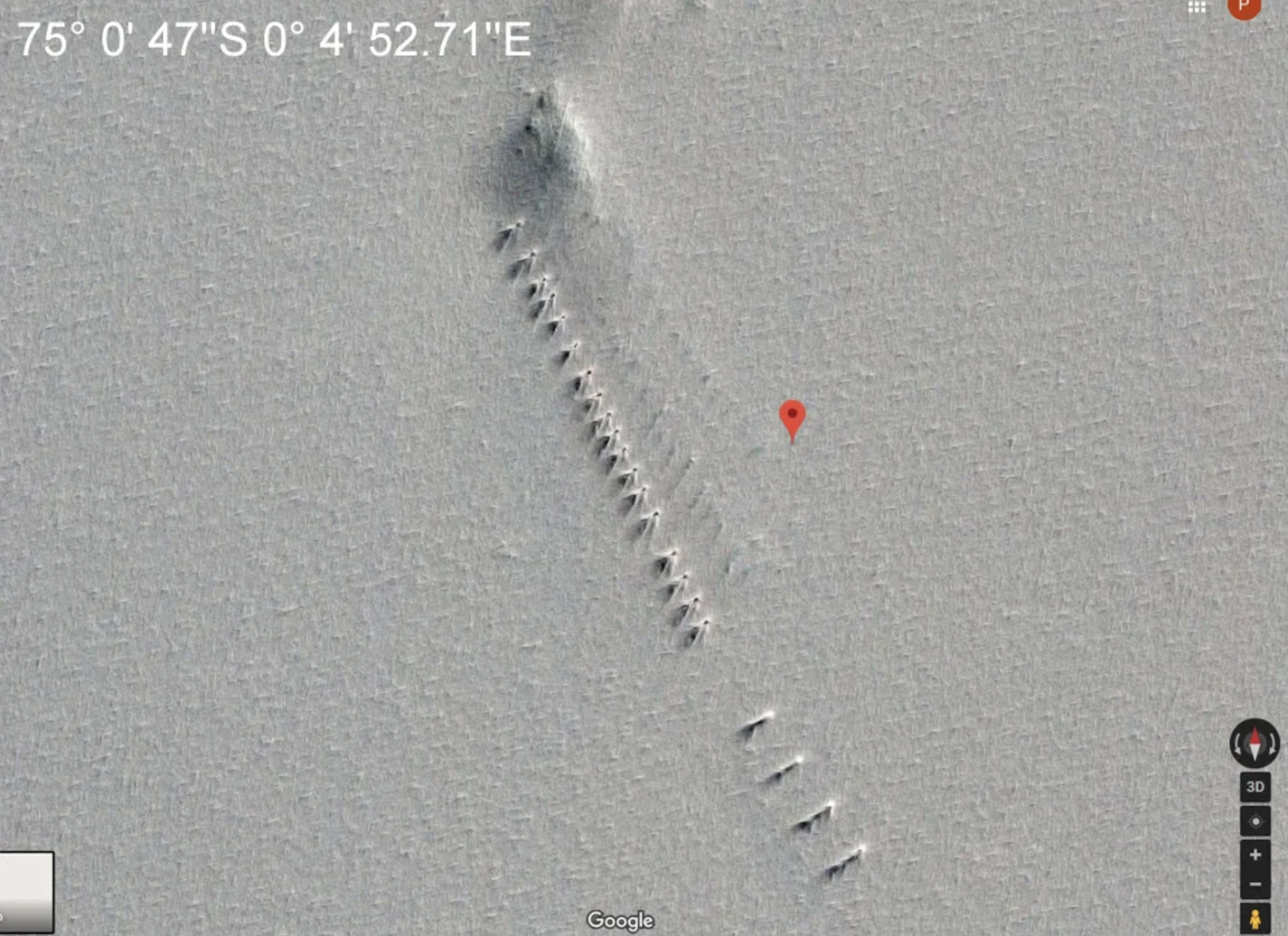
-
9.
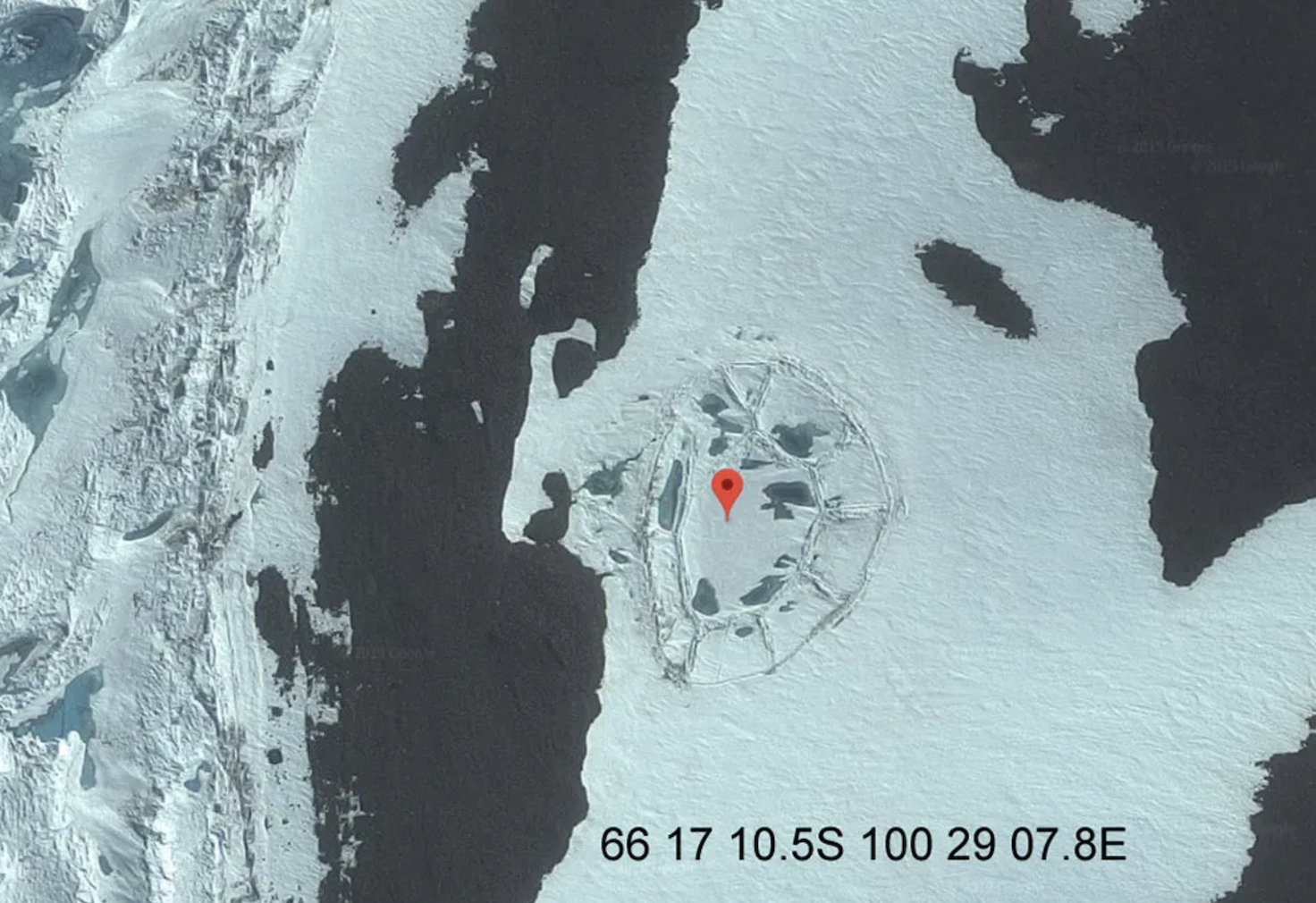
-
10.
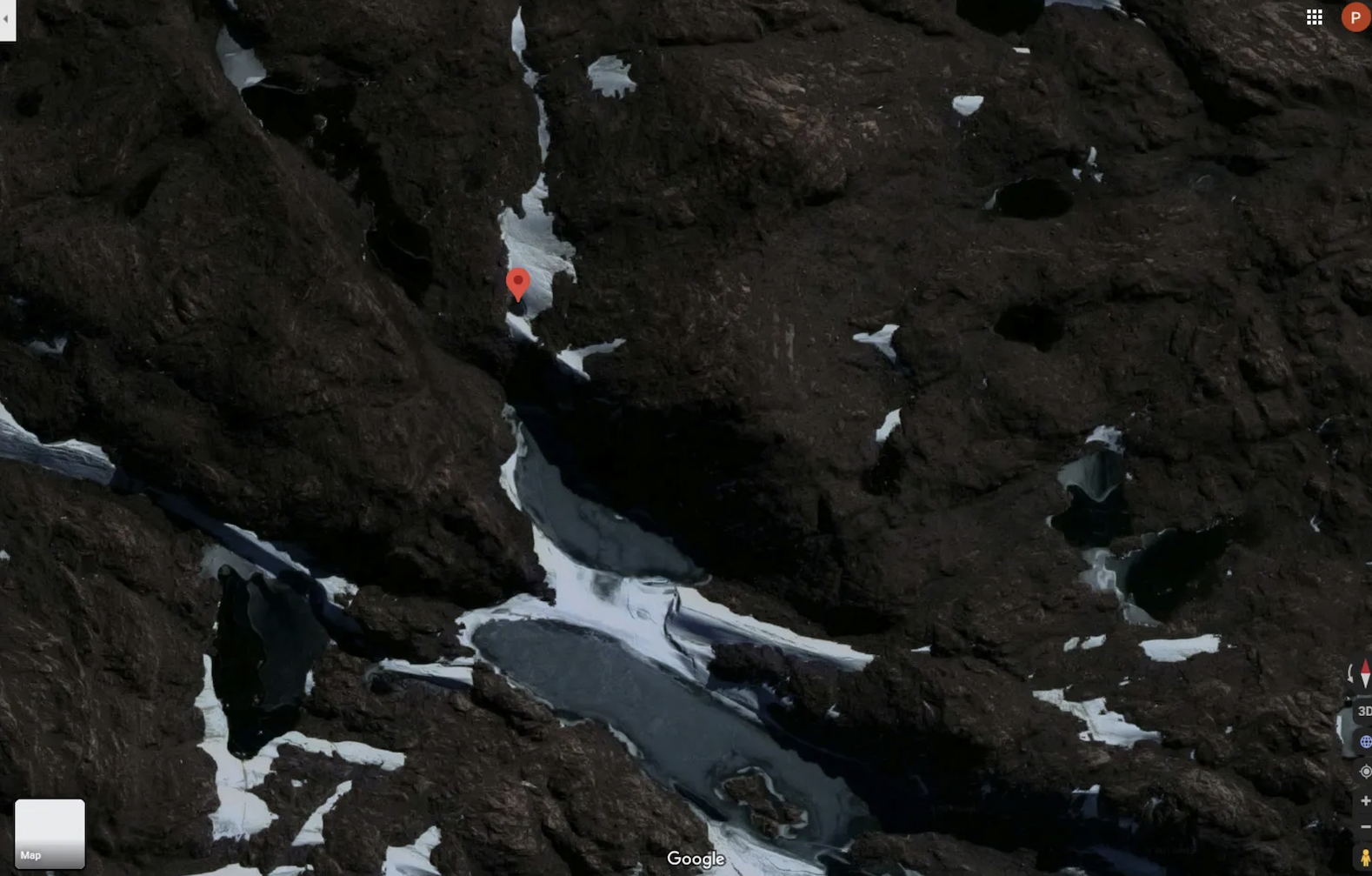
-
11.
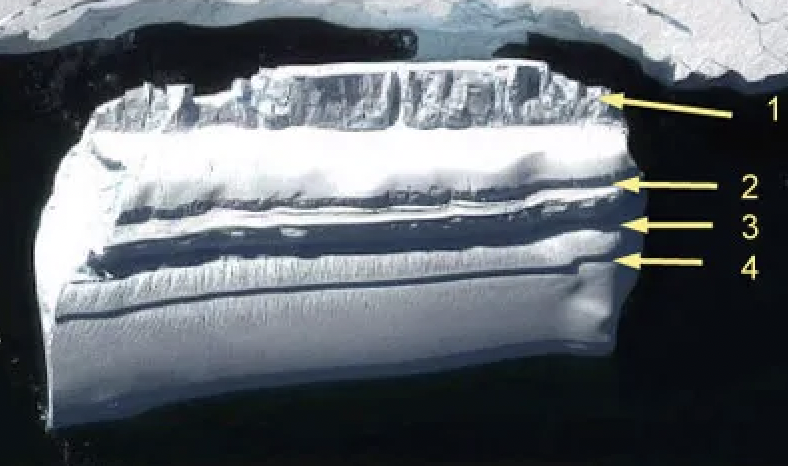
-
12.
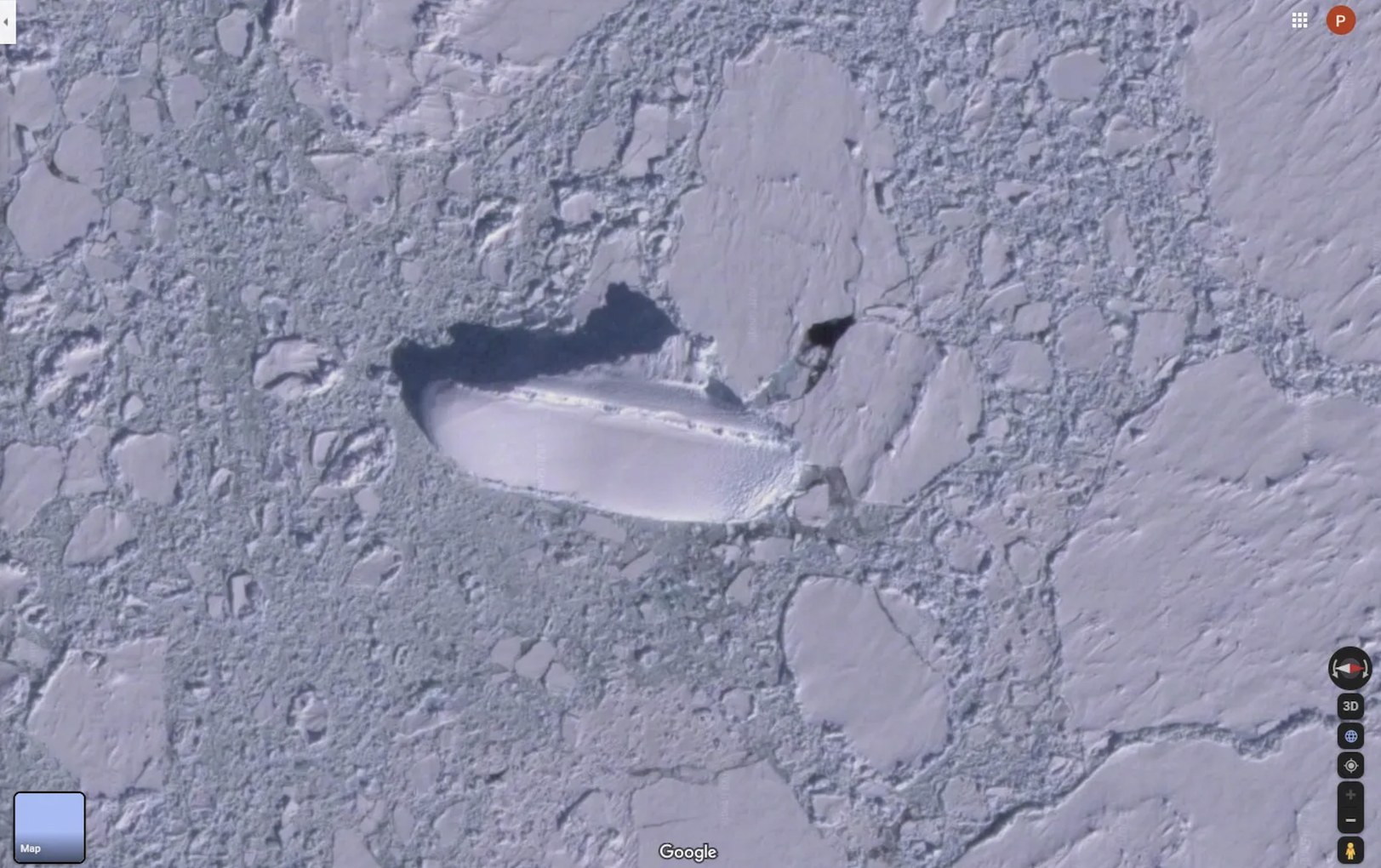
-
13. Inconsistent Gravity
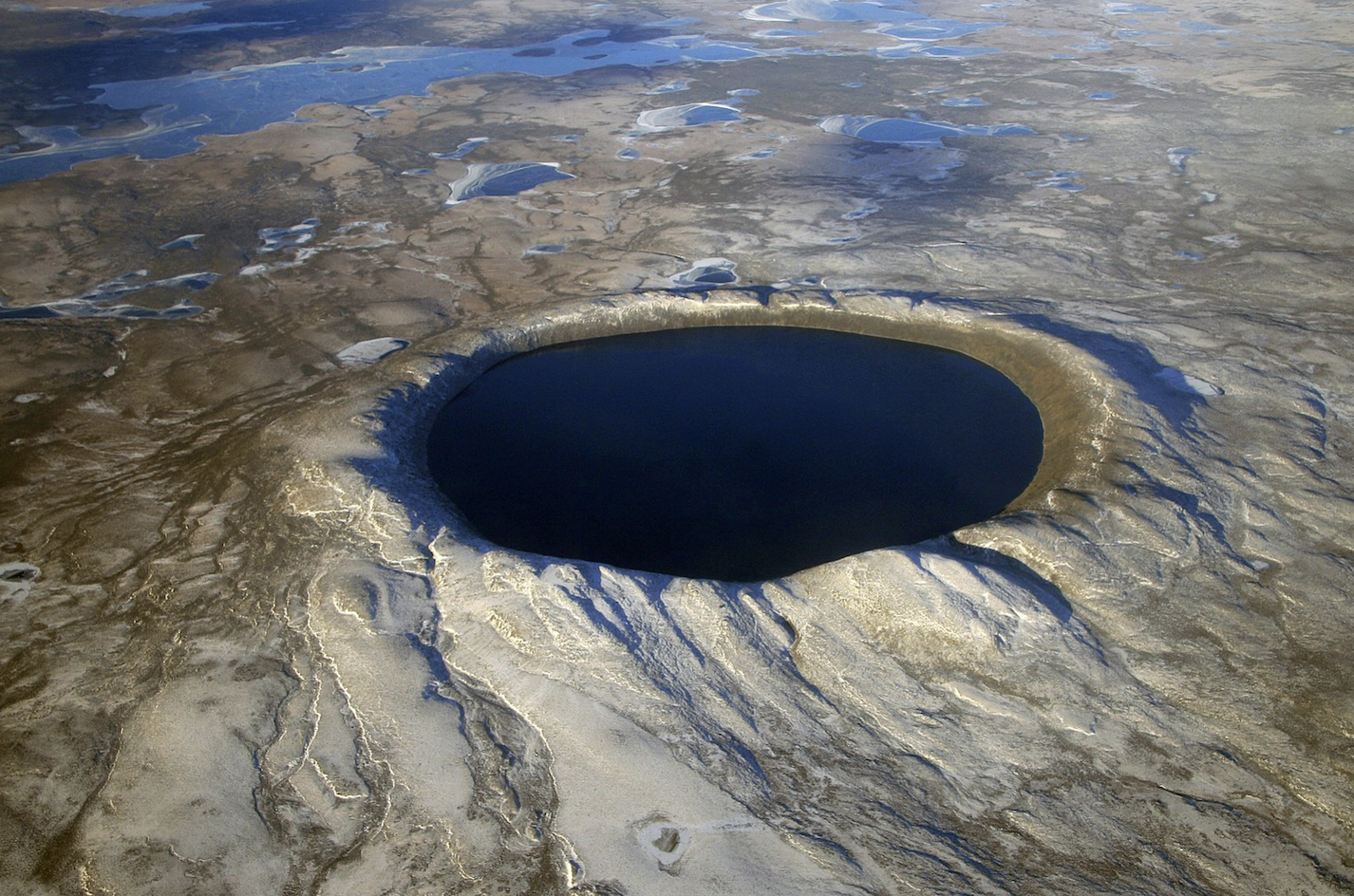 Northern Wilkes Land in East Antarctica might actually have slightly stronger gravity than the rest of Earth. How? Scientists believe the site sits above a massive crater, possibly the result of an ancient asteroid impact crater from 250 million years ago, multiple times the size of the one that took out the dinosaurs. Of course, this change in gravity is imperceptible to humans.
Northern Wilkes Land in East Antarctica might actually have slightly stronger gravity than the rest of Earth. How? Scientists believe the site sits above a massive crater, possibly the result of an ancient asteroid impact crater from 250 million years ago, multiple times the size of the one that took out the dinosaurs. Of course, this change in gravity is imperceptible to humans. -
14. The Wolf
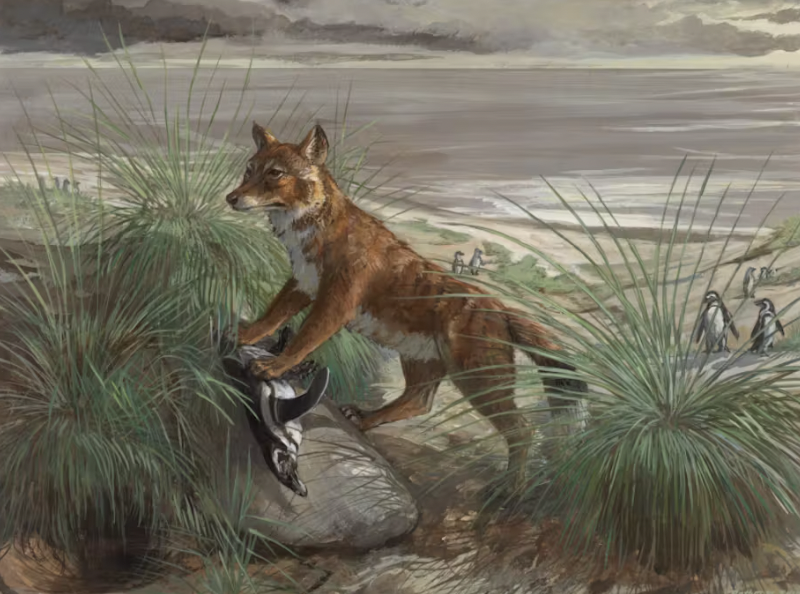 When Europeans first landed on the Falkland Islands in the 1600s, they were shocked to find a wolf-like creature there. With no other mammals on the islands, the Falkland Islands wolf or warrah, seemed impossible. DNA evidence indicates that a common canid ancestor likely walked to the islands during the Last Glacial Maximum.
When Europeans first landed on the Falkland Islands in the 1600s, they were shocked to find a wolf-like creature there. With no other mammals on the islands, the Falkland Islands wolf or warrah, seemed impossible. DNA evidence indicates that a common canid ancestor likely walked to the islands during the Last Glacial Maximum. -
15. Mount Erebus
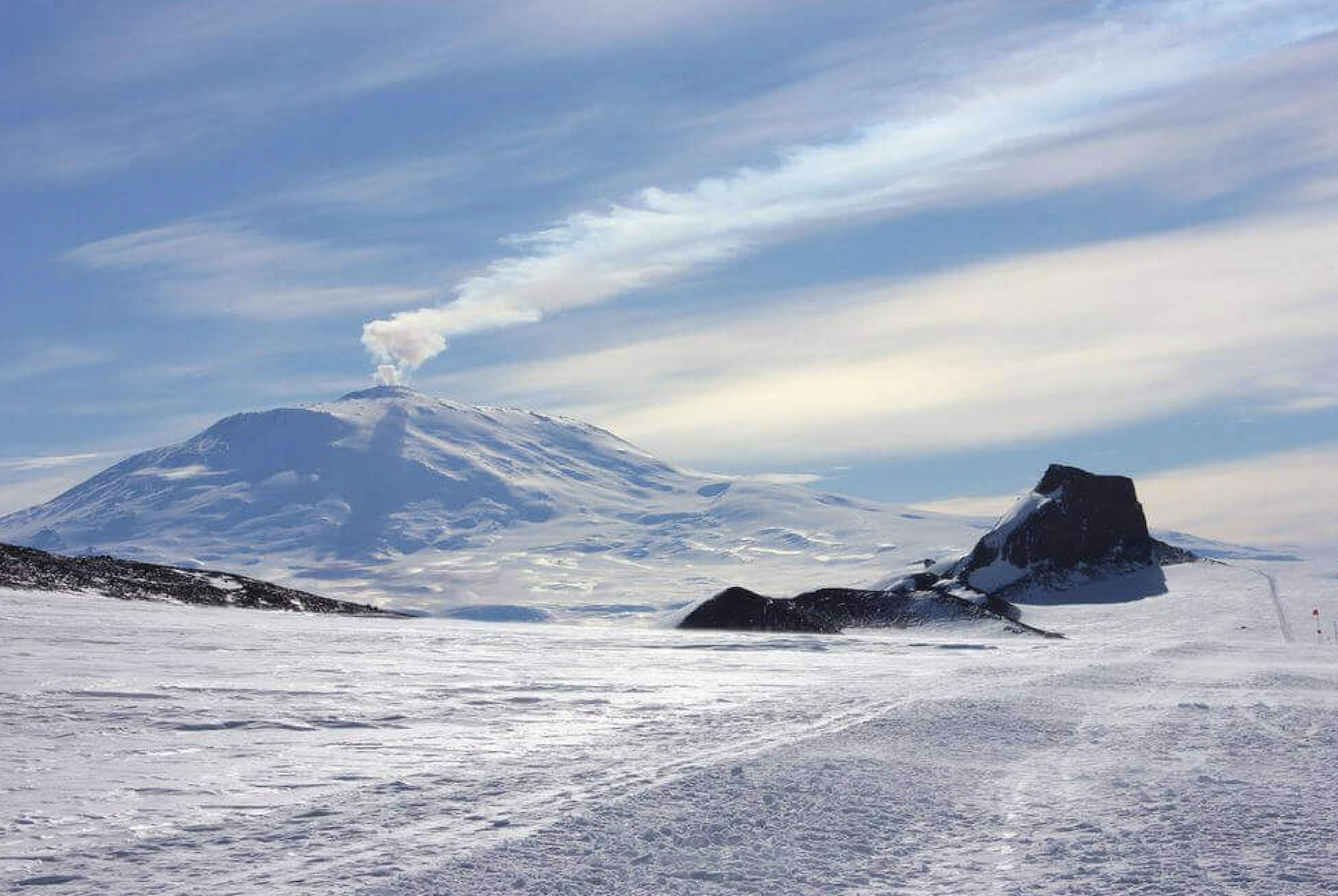 Mount Erebus is the world’s most remote active volcano, and due to the extreme conditions around it, scientists have struggled to visit it more than a handful of times. The peak contains organisms living off the volcano’s thermal activity, which are said to be the most unique organisms in the world.
Mount Erebus is the world’s most remote active volcano, and due to the extreme conditions around it, scientists have struggled to visit it more than a handful of times. The peak contains organisms living off the volcano’s thermal activity, which are said to be the most unique organisms in the world.
Waterfall of Blood
In the McMurdo Dry Valley section of Antarctica, a massive five-story waterfall flows into the ocean… but the water is blood red. Fortunately there is no violent crime going on. Instead, glaciers forming over the top of a deep underground lake cut off all oxygen from the water. After that, the extra salty water became iron-dense, and unfreezable. Now, that iron-dense water flows red, and onto powdery white snow.
In the McMurdo Dry Valley section of Antarctica, a massive five-story waterfall flows into the ocean… but the water is blood red. Fortunately there is no violent crime going on. Instead, glaciers forming over the top of a deep underground lake cut off all oxygen from the water. After that, the extra salty water became iron-dense, and unfreezable. Now, that iron-dense water flows red, and onto powdery white snow.
15/15
1/15



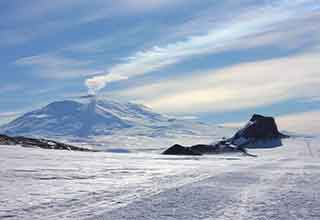





1 Comments